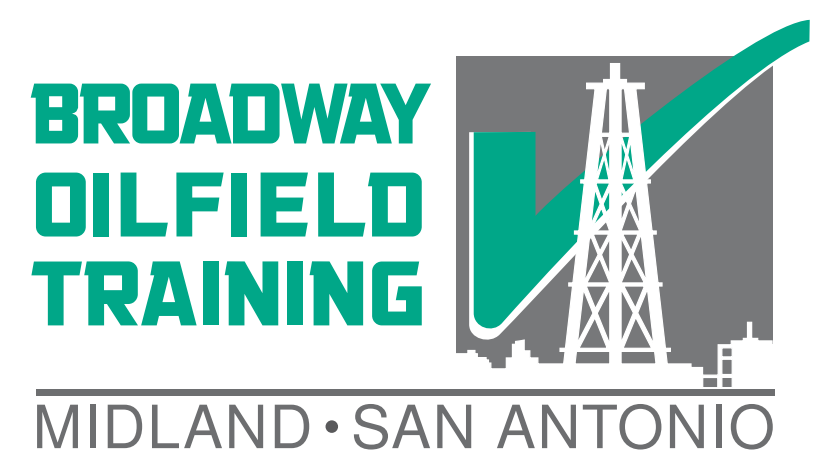Stay Safe in Midland Winter!
Today Midland has awoken to find itself blanketed in a thin layer of ice and snow. Midland is not, however, known for its cold wintry weather. Many workers in the oil and gas industry are unfortunately not well informed about the hazards associated with ice, snow, and generally cold temperatures. For many others, the winter storm provides a chance to stay home, stay warm, and stay safe from the winter weather. This is not possible for all; many workers must go out to brave the cold weather in the oilfields and they must be empowered to do it safely.
Basin United training is one event where Midland oil and gas workers are able to learn about the risks of working in cold weather. During the Basin United Fundamentals of Safety Orientation we cover topics such as the risks associated with slipping on snow and ice and being aware of other physical hazards. We also cover the risk of health hazards such as frostbite and hypothermia. Workers must be aware of the increasing challenge posed by a high wind chill and how to protect themselves from cold injury/illness.
We also cover much of this material in our Midland HAZWOPER training courses. This includes the description of the hazard posed as well as the PPE needed. In general, you may find that there is some overlap here between the safety topics from Basin United as well as the safety topics in HAZWOPER. One of the big differences between the two is that HAZWOPER requires annual refresher training where Basin United does not. For workers that have not had annual refresher training covering winter hazards you may want to consider adding additional toolbox talks and safety meetings specifically around the wintry weather.
Midland first aid training also covers injuries and illnesses due to cold weather. This is specifically to provide initial care for injuries and illnesses such as frostbite and hypothermia. Frostbite is a condition characterized by pain, numbness, or discoloration in fingers, toes, ears, noses, and other extremities. This is caused by contact with low temperatures and insufficient blood flow to keep those remote tissues warm. Wind chill can amplify the affect of cold temperature as well. In serious cases, frostbite may result in the death of the affected tissue and a permanent loss of function. Hypothermia is caused by a cooling of the body’s core temperature. This typically occurs in cold environments when warm clothing is insufficient make sure that your onsite workers are trained and certified in first aid in Midland.
Don’t forget that as snow and ice covers the surfaces in Midland that slipping and falling is also at an increased risk. Be careful leaving the house as walkways may maintain some icy patches for days to come. An unexpected slip and a hard fall could result in broken bones or a head injury. Also take extra precautions when driving. Getting behind the wheel is typically the deadliest activity we routinely do. Snow and ice increase the risk of a collision while driving in and around Midland.
